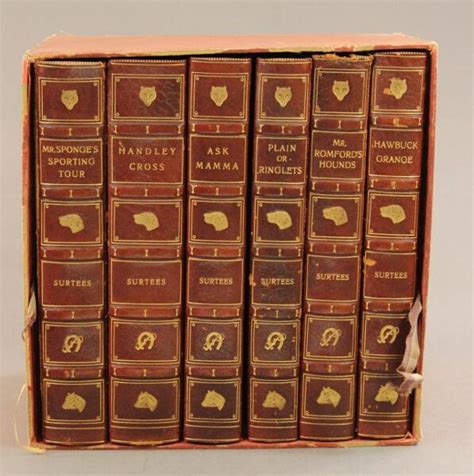A Quote by Philip Massinger
Virtue, thou in rags, may challenge more than vice set off with all the trim of greatness.
Related Quotes
If thou takest virtue for the rule of life, and valuest thyself upon acting in all things comfortably thereto, thou wilt have no cause to envy lords and princes; for blood is inherited, but virtue is common property, and may be acquired by all; it has, moreover, an intrinsic worth, which blood has not.
Gaze not on beauty too much, lest it blast thee; nor too long, lest it blind thee; nor too near, lest it burn thee. If thou like it, it deceives thee; if thou love it, it disturbs thee; if thou hunt after it, it destroys thee. If virtue accompany it, it is the heart's paradise; if vice associate it, it is the soul's purgatory. It is the wise man's bonfire, and the fool's furnace.
On the whole, men are more good than bad; that, however, isn't the real point. But they are more or less ignorant, and it is this that we call vice or virtue; the most incorrigible vice being that of an ignorance that fancies it knows everything and therefore claims for itself the right to kill. The soul of the murderer is blind; and there can be no true goodness nor true love without the utmost clear-sightedness.





































